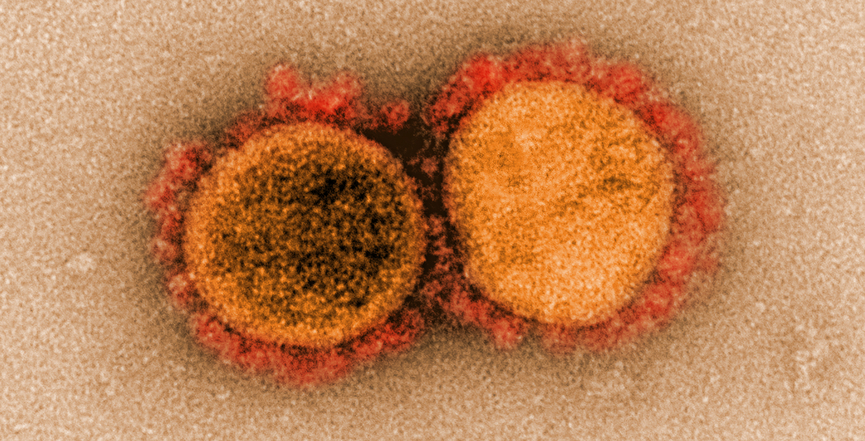A chorus of world leaders has declared we’re all in the same COVID-19 boat. In response, U.K. writer Damian Barr tweeted, “We are not all in the same boat. We are all in the same storm. Some are on super-yachts. Some have just the one oar.”
COVID-19 and climate change are threat multipliers. They compound existing risks and inequities, and make them more visible.
Data released by the U.S. Centers for Disease Control and Prevention show nearly one-third of COVID-19 patients are black, even though they’re only 13 per cent of the U.S. population. Numbers are similar for COVID-19 death rates. This pattern of disproportionate impacts is true across nearly all jurisdictions that collect data.
We often assume this type of inequality doesn’t exist in Canada. While a few jurisdictions here are beginning to think about collecting race-based data, most don’t.
The information we do have is telling. In Metro Montreal, COVID-19 cases are significantly higher per capita in Montreal North, an area with the lowest average after-tax income. Stats from Toronto Public Health indicate higher infection rates in areas with greater proportions of low-income people or newcomers.
“Many have said that COVID-19 is the great equalizer, in that it doesn’t discriminate,” said Toronto Health Board chair councillor Joe Cressy. “But that’s sadly not the truth. What we’re seeing is that COVID-19 is disproportionately impacting those who are living in poverty.”
How can we address this?
It turns out the pandemic may have predisposed more people to support actions that target inequalities. Polling shows that people care more about what happens to others than we did before the crisis.
The outbreak is showing us the cracks in our systems, the fault lines. If we begin to address them, we’ll be in a better place to respond to the longer-term climate and biodiversity crises.
As early as 2009, Scientific American pointed out that climate change will affect the poor the most. If we continue with the status quo, those who have had the smallest role in creating the carbon emissions problem will pay the greatest price.
U.S. data show more Indigenous and people of colour people die in heat waves or floods. Studies show this compounded vulnerability is also true in Canada. As a warming climate causes extreme weather events to increase in frequency and severity, this trend will likely continue — unless we change things.
Climate activists must be part of this change. If the transition to renewables increases consumers’ energy costs, we’ll be hurting the most vulnerable, those who already experience energy poverty. We must develop policies to address inequities, create meaningful jobs for all and reduce emissions.
Thankfully, there are many hopeful things happening throughout Canada.
The Canadian Urban Sustainability Practitioners have launched an energy poverty and equity tool to explore energy poverty in Canada — defined as households that spend more than six per cent of their income on energy, more than double the national average. Even in my hometown of Vancouver, visible minority households are twice as likely to experience energy poverty.
If cities start using this tool, maybe they’ll make different decisions. For example, if the focus is solely on reducing greenhouse gas emissions, policy-makers might opt to provide incentives for single-family home retrofits, but this will primarily benefit affluent homeowners who are planning to renovate. With equity in mind, policy-makers could instead opt to invest in or provide zero-interest financing to retrofit social housing or multi-family, low-income housing. That would reduce greenhouse gases and energy poverty while improving equity, job creation and human health.
Portland, Oregon asked underserved communities, particularly vulnerable ones, to share their experiences, which helped the city ensure its energy transition plans were as fair and just as possible. In Canada, it’s exciting to see Vancouver building on Portland’s experience.
Recently a colleague asked, “How do we want to use our privilege to show up in this moment? Who do we show up for? And how?”
These are questions I hope we continue to ask ourselves long after this pandemic has passed. We must act now to become more resilient in the face of all crises, to ensure fewer people will be left behind to shoulder an unfair share of the impacts.
David Suzuki is a scientist, broadcaster, author and co-founder of the David Suzuki Foundation. Written with contributions from David Suzuki Foundation community renewable energy manager Sherry Yano. Learn more at davidsuzuki.org.
Image: NIAID/Flickr



